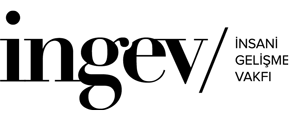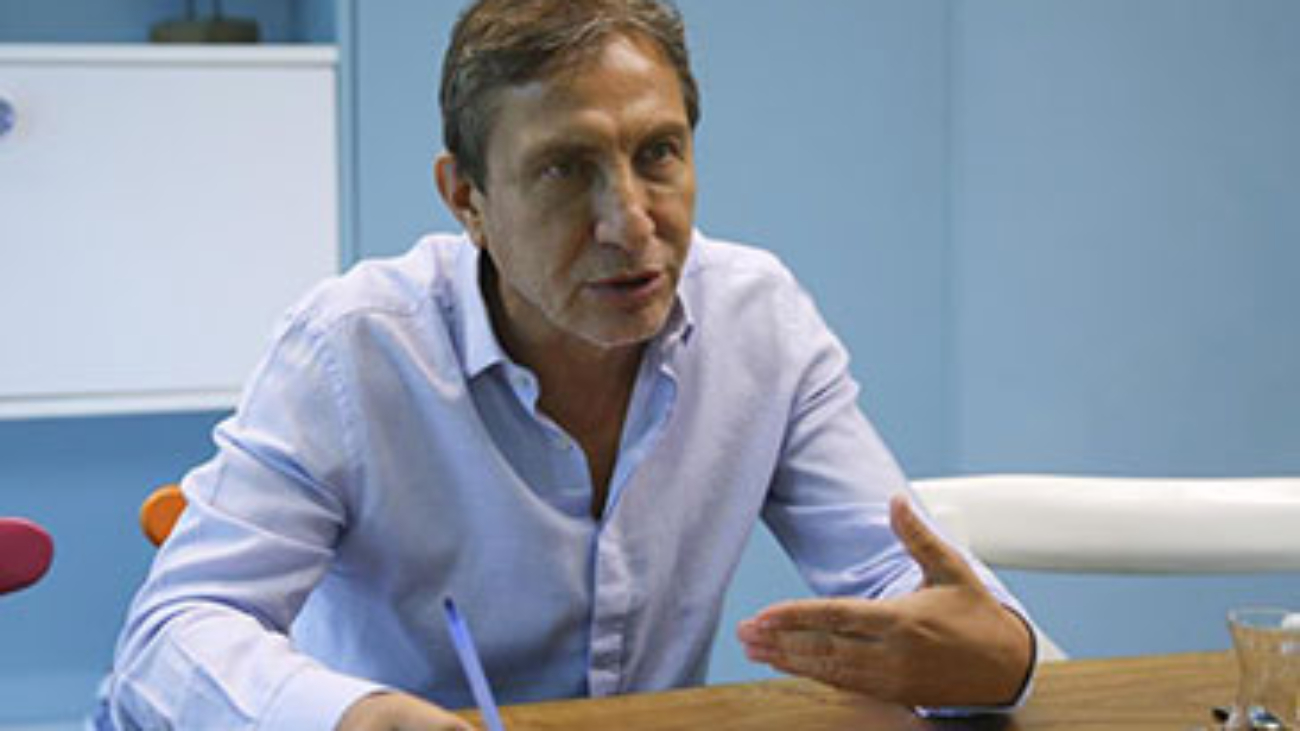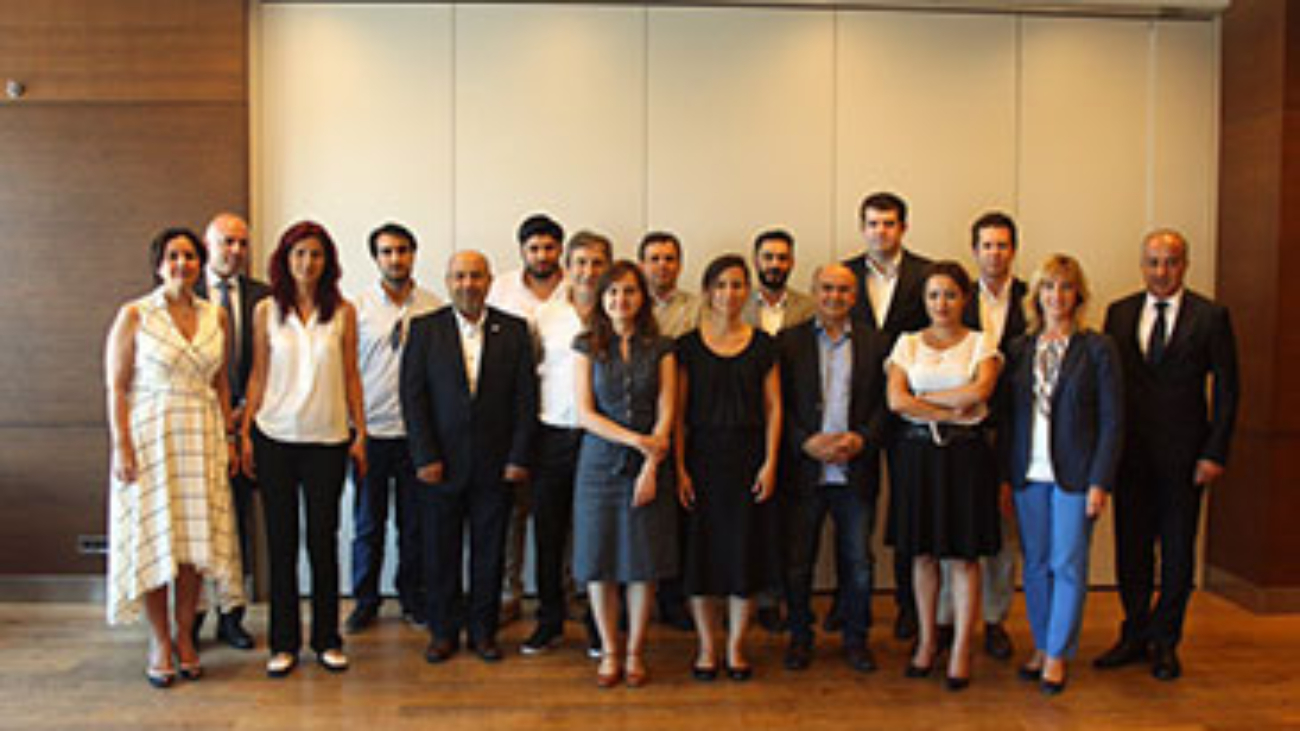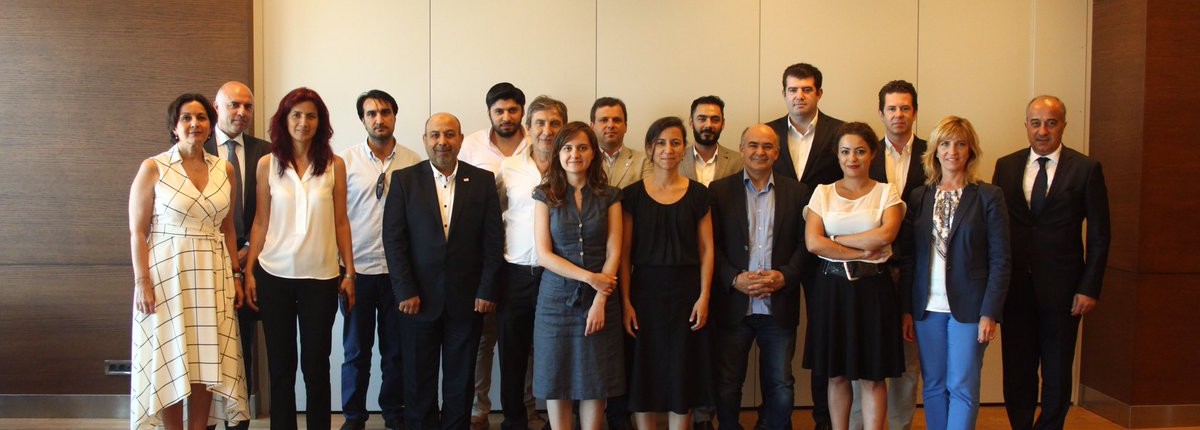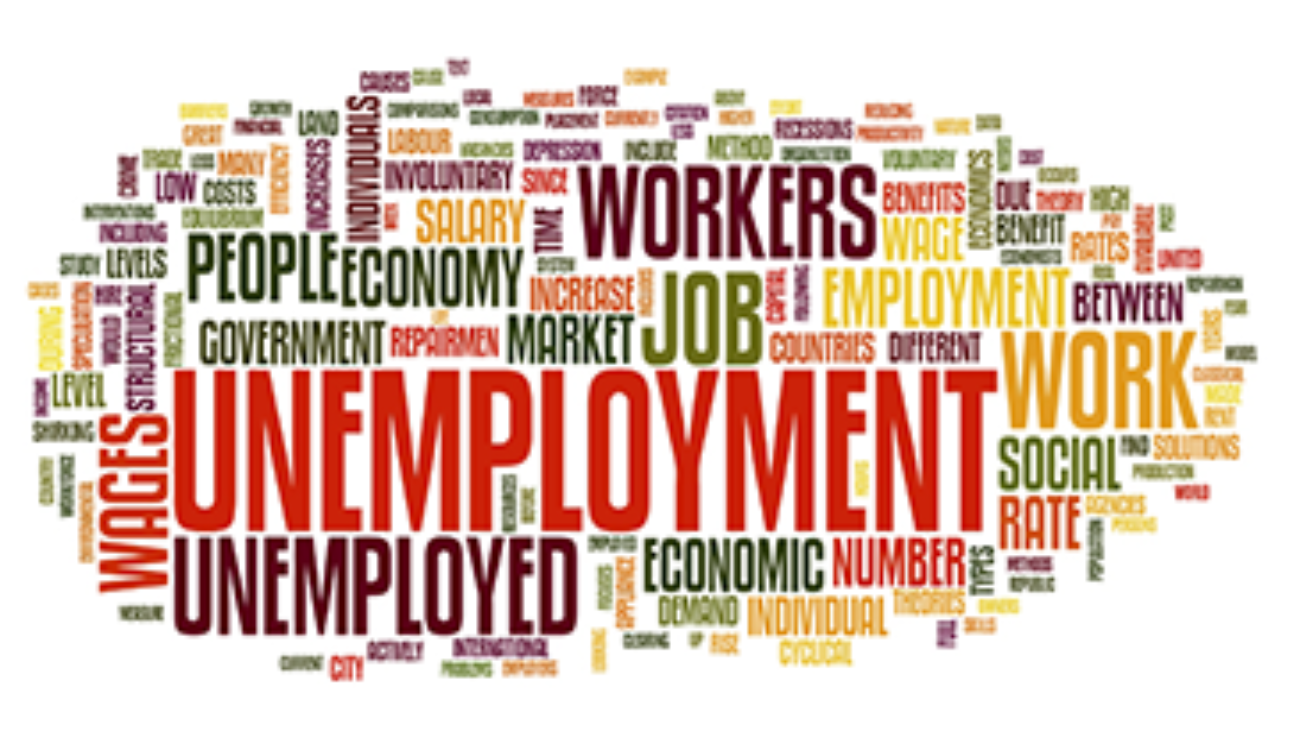Since their arrival in the country as refugees, Syrian businesspeople have been actively participating and contributing to the Turkish economy. According to the latest statistics, around 8,100 firms with Syrian capital provide approximately 100,000 jobs in Turkey.
Vural Çakır, the chair of the Human Development Foundation (INGEV), said that there are 8,100 Syrian companies established with foreign capital status in Turkey and that the total employment of these companies is approaching 100,000.
Vural Çakır told Anadolu Agency (AA) that a strategic plan has to be made in the Syrian issue, recalling that many asylum seekers came to Turkey at the beginning of the Syrian civil war and that Turkey has been contributing humanitarian aid by allocating a huge amount of resources, but the asylum seekers’ length of stay in Turkey is prolonged because of the political uncertainty in Syria and the continuation of the war.
“With regards to the similar examples in history, normally those staying in border camps return to their countries after a certain period of time, but once a year passes and asylum seekers are scattered throughout the country, it gets harder to return,” Çakır said.
Stressing that Turkey has to solve short-term humanitarian problems on the one hand, and faces long-term strategic issues such as Syrians’ Turkish language education, cultural integration and adaptation to the business world on the other, Çakır said it is still unclear from which stages asylum seekers will pass and receive a definite status.
Çakır noted that only 5 percent of the Syrian population in Turkey lives in refugee camps and 95 percent are scattered in various cities and have become a part of daily life, adding that Syrian refugees gradually started to open their own businesses and that they have founded the largest number of companies in Turkey after Germans.
“There are 8,100 Syrian companies established in Turkey with foreign capital status. These companies were founded with an average capital of $50,000. The investment is approaching half a billion dollars,” Çakır said. “These companies, which are usually small and medium-sized businesses such as textiles, food and construction, employ an average of 9.4 people. The total employment of these companies is approaching 100,000. According to our research, there are 100,000 Syrians who work freely without establishing a company on their own account.”
Çakır said great responsibility falls to the chambers of commerce to ensure Syrian businesspeople in Turkey are able to adapt to the Turkish financial system in terms of legislation and register the Syrians working without permission.
Çakır said companies in Turkey are shy on the issue of Syrian asylum-seekers. “Many companies in the world are working on the issue of asylum seekers, but companies in Turkey are passive in this regard, they have to be braver.”
